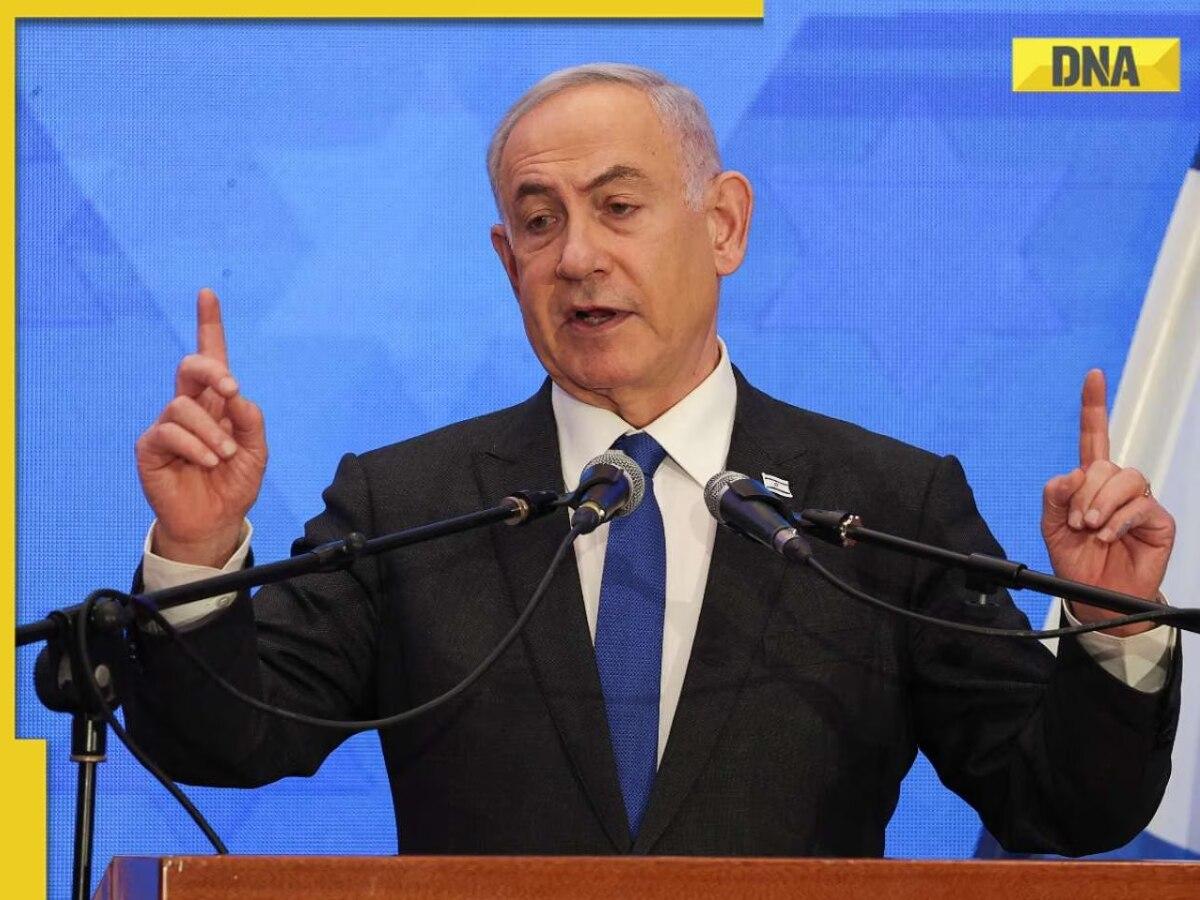
Israeli Prime Minister Benjamin Netanyahu is set to convene his security cabinet on Thursday evening to examine the most recent positions from Hamas concerning a potential ceasefire agreement in Gaza. As hostilities continue to escalate in the enclave, a source from Netanyahu’s office revealed that consultations with the ceasefire negotiations team will take place prior to the cabinet meeting.
Israel recently received Hamas’ response to a proposal made public at the end of May by US President Joe Biden. This proposal involves the release of approximately 120 hostages held in Gaza and the establishment of a ceasefire in the Palestinian territory. A Palestinian official involved in the mediation effort informed Reuters that Hamas has shown a willingness to be flexible on several clauses, suggesting a potential framework agreement could be reached if Israel gives its approval.
Despite this, two Hamas officials have yet to respond to requests for comment. Historically, Hamas has stipulated that any agreement must end the ongoing war and include a full Israeli withdrawal from Gaza. Conversely, Israel has emphasized that it will only agree to temporary pauses in the fighting until Hamas is entirely neutralized. The proposed plan includes a phased approach: the gradual release of Israeli hostages still detained in Gaza, the pullback of Israeli forces during the first two phases, and the release of Palestinian prisoners. The third phase would focus on reconstructing the war-torn region and returning the remains of deceased hostages.
In Gaza, Palestinian civilians await Israel’s response with cautious optimism. On Thursday, the Gaza health ministry reported that the Palestinian death toll from nearly nine months of conflict has surpassed 38,000, with an additional 87,445 individuals wounded. The health ministry’s reports do not differentiate between civilian and combatant casualties. The conflict originated on October 7, when Hamas-led militants crossed into southern Israel, resulting in the deaths of 1,200 people and the abduction of around 250 hostages who were subsequently taken back to Gaza, according to Israeli data.
In recent developments, an Israeli strike targeted a school in Gaza City, with the Civil Emergency Service confirming that five Palestinians were killed and others injured.
. Further Israeli strikes in Gaza City’s old town resulted in the death of a woman and several injuries among the locals, according to medical sources. The Israeli military has not yet commented on these incidents.
Additionally, tanks shelled various areas on the eastern side of Khan Younis after the Israeli army issued evacuation orders on Tuesday. However, there have been no reports of tanks moving into those areas yet, residents shared. Following the evacuation order, which also affected the border city of Rafah and is reported by the United Nations to be the largest movement directive since 1.1 million people were instructed to leave northern Gaza in October, many Palestinians remain in search of shelter. Khan Younis residents disclosed that families had to sleep on the roads due to a lack of tents.
Meanwhile, Israeli planes and tanks bombarded several regions in northern Gaza, including Shejaia, Sabra, Daraj, and Tuffah. Health officials announced that these attacks resulted in the deaths of several Palestinians, including children, with others suffering injuries. The Israeli military reported that its troops and aircraft had killed dozens of militants in these northern areas as well as in Rafah, which Israel describes as the last stronghold of Hamas in Southern Gaza.
The ongoing conflict has precipitated a severe humanitarian crisis, devastating most of the enclave’s medical infrastructure. On Thursday, the Gaza health ministry reported that the Nasser Medical Complex in Khan Younis — the only major hospital still operational — was at risk of its generators running out of fuel within hours. An urgent appeal has been made to international humanitarian organizations to assist in securing new supplies to sustain medical services.
The humanitarian situation remains dire, with international observers and organizations closely monitoring the developments. As the security cabinet prepares to meet and contemplate the potential ceasefire, the eyes of the world remain fixed on this volatile and deeply entrenched conflict, hoping for a resolution that could alleviate the suffering and bring a semblance of peace to the beleaguered region.












